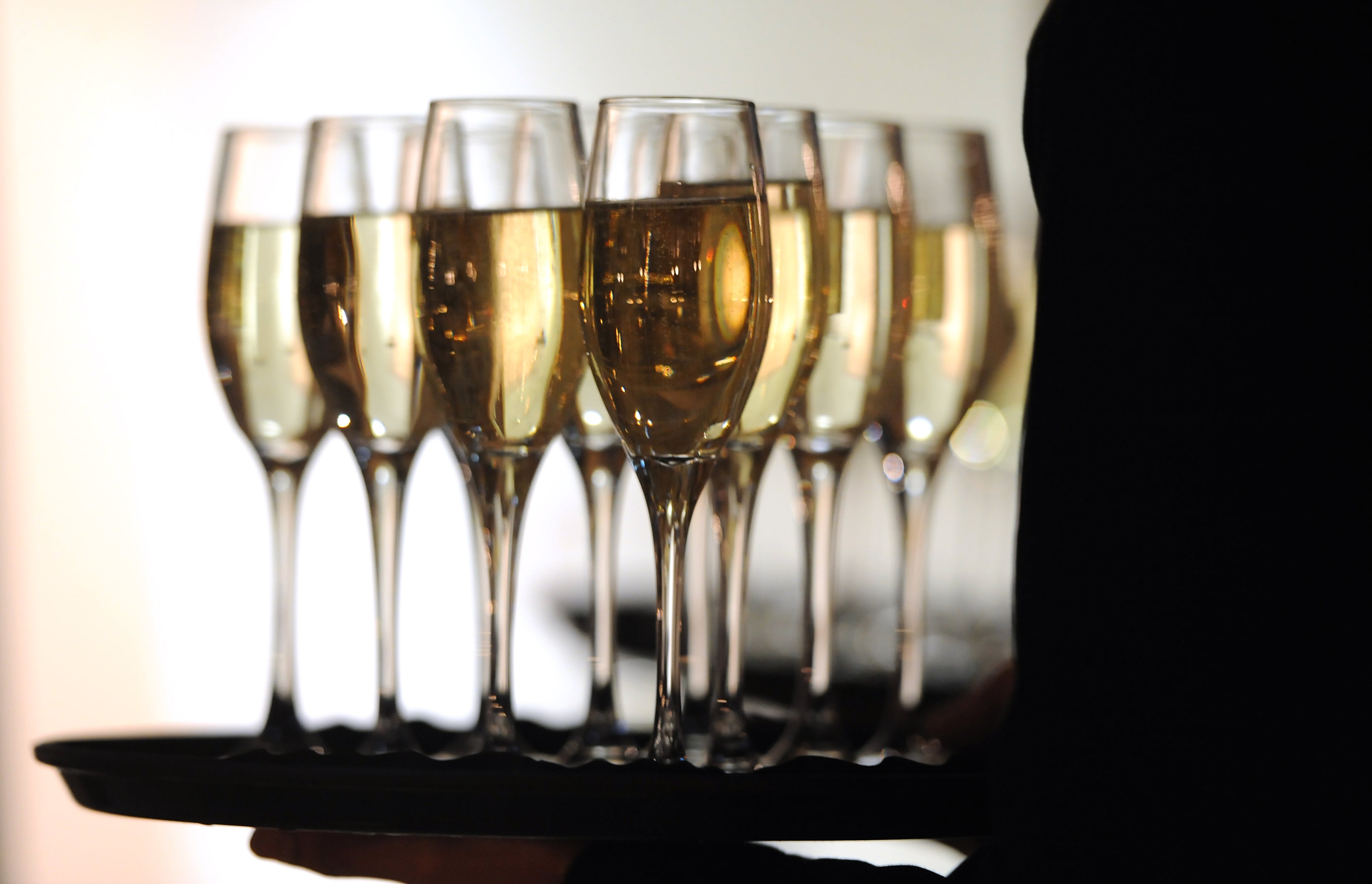France heatwave forces early Champagne harvest
“It’s quite clear that global warming is having an effect now” said one grower

Your support helps us to tell the story
From reproductive rights to climate change to Big Tech, The Independent is on the ground when the story is developing. Whether it's investigating the financials of Elon Musk's pro-Trump PAC or producing our latest documentary, 'The A Word', which shines a light on the American women fighting for reproductive rights, we know how important it is to parse out the facts from the messaging.
At such a critical moment in US history, we need reporters on the ground. Your donation allows us to keep sending journalists to speak to both sides of the story.
The Independent is trusted by Americans across the entire political spectrum. And unlike many other quality news outlets, we choose not to lock Americans out of our reporting and analysis with paywalls. We believe quality journalism should be available to everyone, paid for by those who can afford it.
Your support makes all the difference.Champagne grape pickers have had to start the harvest earlier this year, as climate change forces the makers of the French sparkling wine to rethink how they make the coveted bubbly.
High temperatures and the worst drought on record have caused massive wildfires and led to restrictions on water usage across France, but they also boosted grape maturity.
An August harvest, rather than in early September last year, used to be a once-in-a-lifetime experience in the Champagne region, said Charles Philipponnat, president of the family-owned Philipponnat Champagne winery that produces several hundred thousand bottles a year – but not anymore.
"It’s quite clear that global warming is having an effect now," he said in his winery in northern France.
Around him, pickers hired for the short harvesting season and paid for what they pick were rushing around in temperatures well above 30C as the sun beat down on the steep hillside where the precious Pinot grape grows.
It is important to pick the grapes before they become over-ripe and supercharged with sugar.
"I think we’re at the turning point," Philipponnat said. "So far, global warming has helped: harvest in good weather conditions without rain, without too much cold, with ripeness and little rot."
Producers across France are expecting this year’s harvest to yield a good quality vintage when it makes its way to market, a relief after frost and mildew fungus attacks ravaged vineyards in 2021, something dry and hot weather helped prevent this year.
"What’s coming now is possibly over-ripe grapes," Philipponnat said. "Possibly too dry summer seasons that will cause other problems, that we’ll need to adapt to. We’ll need to adapt our viticulture, and adapt our oenology – the way we make the wines."
In May it was reported that France is facing mustard shortages because of climate-related weather conditions and the war in Ukraine.
Join our commenting forum
Join thought-provoking conversations, follow other Independent readers and see their replies
Comments